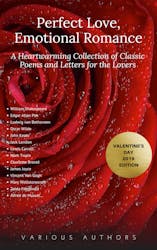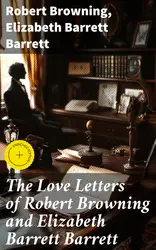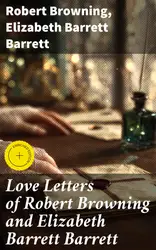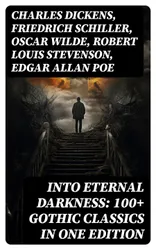It took the publication of the lengthy work 'The Ring and the Book' to gain Robert Browning recognition in his lifetime. But today, the Victorian poet is more admired for these, his shorter poems, complete with their powerful dramatic monologues.
The preface to 'Shorter Poems', by Teachers' College, New York, says the poems are perfect for the "tastes and capacities of readers of the high-school age".
They are, but they are also perfect for the tastes and capacities of readers of all ages.
With rhymes that are often discordant and sentences that defy literary convention, Browning's work is pioneering and challenging. He provokes thought and even defies understanding. Browning's work is perfect for fans of Percy Shelley, Lord Byron and W. H. Auden.
Robert Browning (1812-1889) was a poet and writer in 19th century England and Florence.
His initial work was heavily influenced by Percy Bysshe Shelley. Some of his early work did not received popular or critical acclaim, but the publication of 'Bells and Pomegranates' saw him produce what became his trademark dramatic monologue.
In 1846 he married the poet Elizabeth Barrett and they moved to Florence. After his wife's death, Browning settled in England. In 1869-1869, 'The Ring and the Book' was serialised, telling a murder story from 10 different viewpoints. It was rated as his greatest work and his writing continued until he died in 1889 while visiting his son in Venice.












